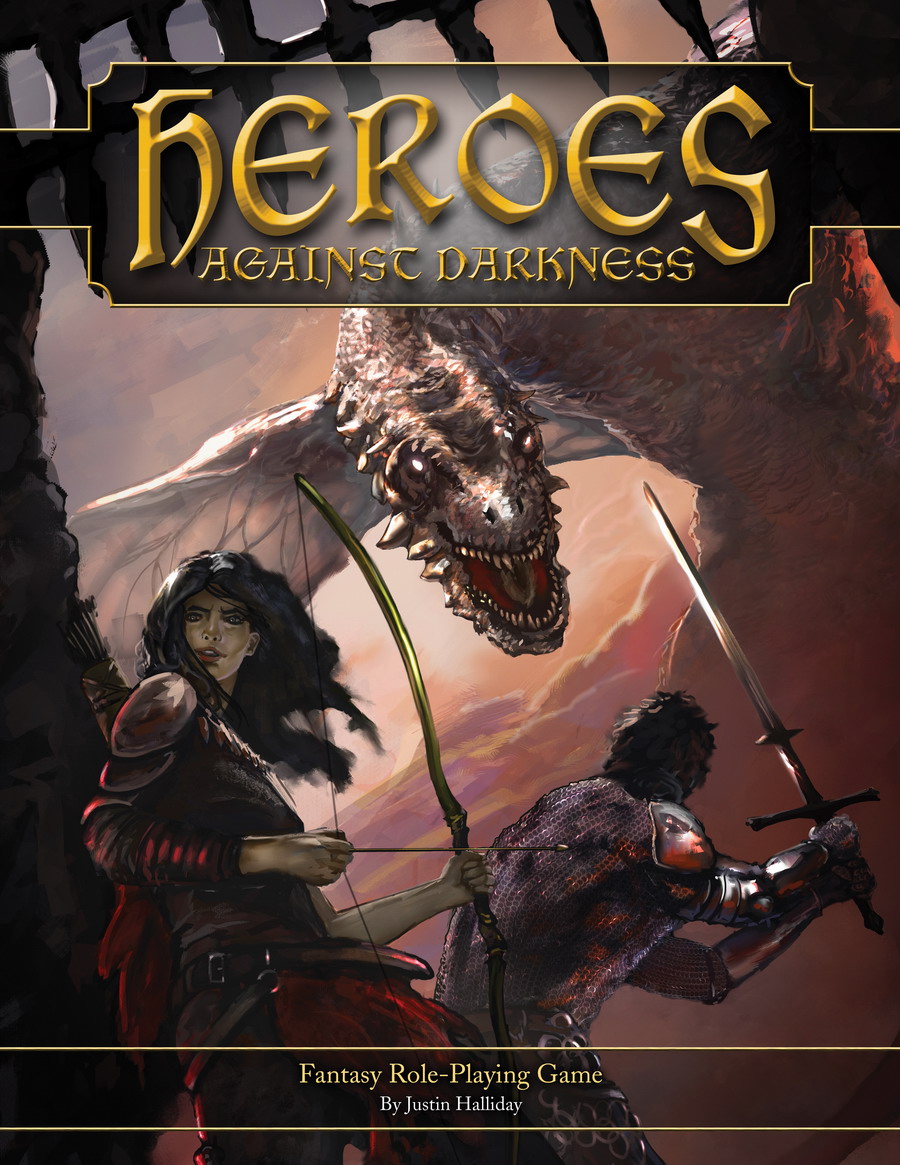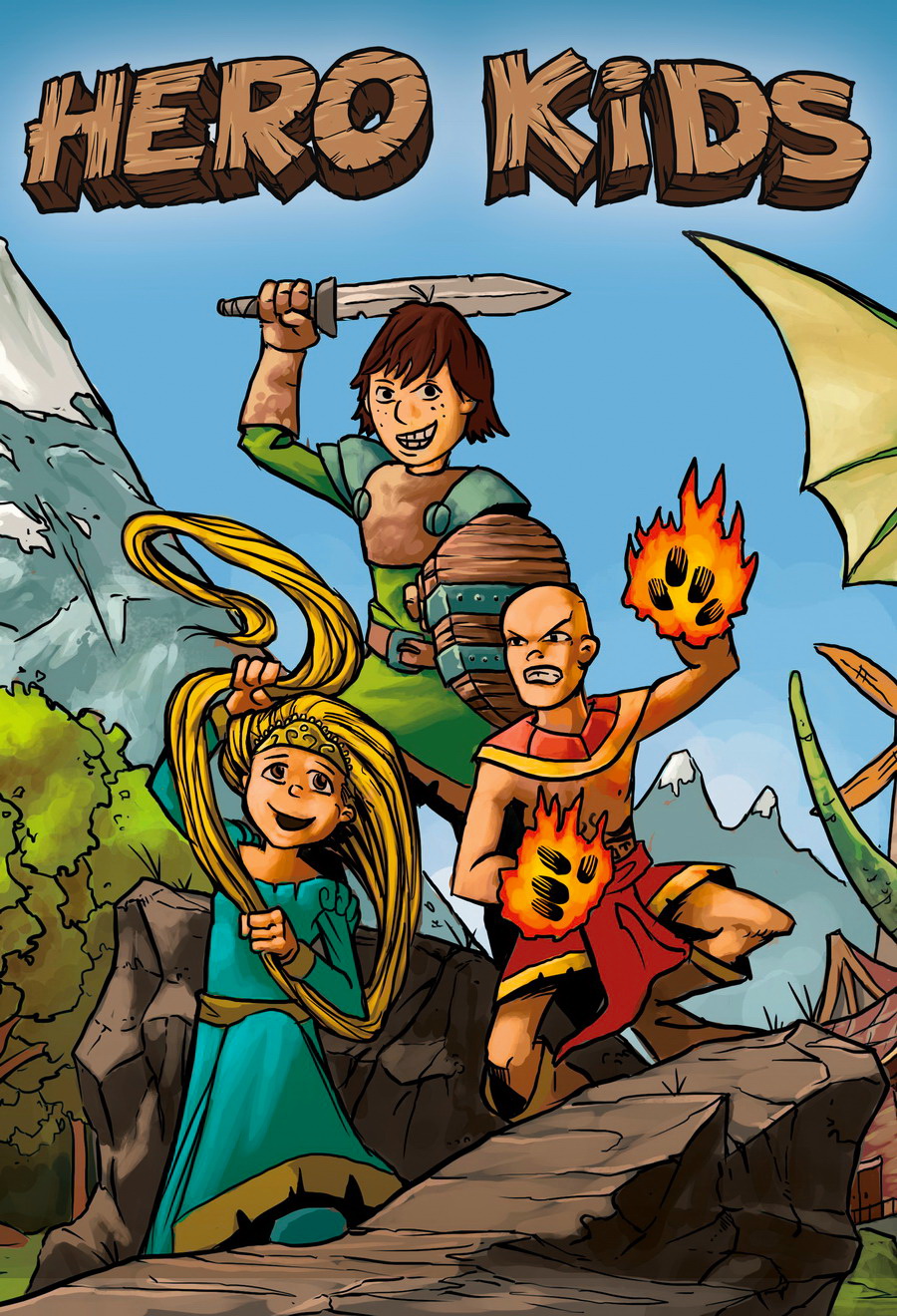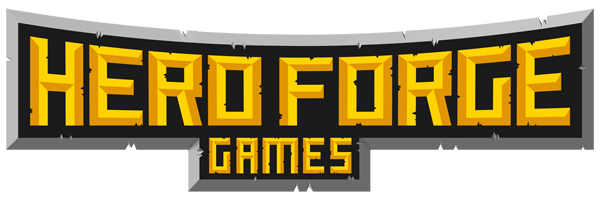Nobody needs another RPG system, so I made one anyway…
“Why?”
Well you may ask. Some RPGs are written as homage, some to extend a family of games to a new generation, others to solve a specific problem, or to introduce a whole new approach to role playing.
My first full RPG – Heroes Against Darkness – is shamelessly a love-letter to Dungeons & Dragons. But as much as it was a tribute to D&D, I also designed it to ‘solve’ a number of problems I had with specific editions of D&D; namely that game’s implementation of Vancian magic, the glacial pace of combat in the later editions, and the complicated character build and optimization process in the middle editions.
Heroes Against Darkness tried to strip D&D to a simple core, while preserving the modern and elegant mechanics of the more recent editions.

My second RPG – Hero Kids – tried to solve a different problem; Can you make a high-quality fantasy role-playing game that’s playable by kids as young as 4, while still maintaining the essence of the genre? The answer appears to be ‘yes,’ so that’s good…
So why did I design the Forge Engine then?
The inception of Forge Engine was the idea of taking an opposed dice pool system (inspired by my work on Hero Kids), and combining that dice mechanic with a variable action economy and then wrapping it all up in a classless (but not classless), skill-based system.

Now I usually laugh at people who laud their amazing new dice mechanics, so feel free to laugh with/at me as I explain that the goal of the Forge Engine’s amazing new dice mechanic is to combine the resolution of character attributes, weapon effectiveness, variable effort, skills, damage, and armor into a single opposed dice pool roll.
The final goal of the Forge Engine was (and is) to design a system that supports multiple genres; such as fantasy, modern, cyberpunk, steam-punk, sci-fi, horror, and post-apocalyptic. This system reference document provides support for all manner of genres and play styles.
Another way of looking the Forge Engine is as the anti-D&D. Where D&D has a binary success/failure mechanic, Forge Engine has degrees of success. Where D&D is a class-based system, Forge Engine is a skill-based (classless) system. Where D&D has a fixed action economy with discrete major, move, swift, minor, and free actions each turn, the Forge Engine implements a variable action economy based around energy.

So after many years of development and playtesting, Forge Engine nears completion.
Check out the latest playtest packet on the Forge Engine page.
